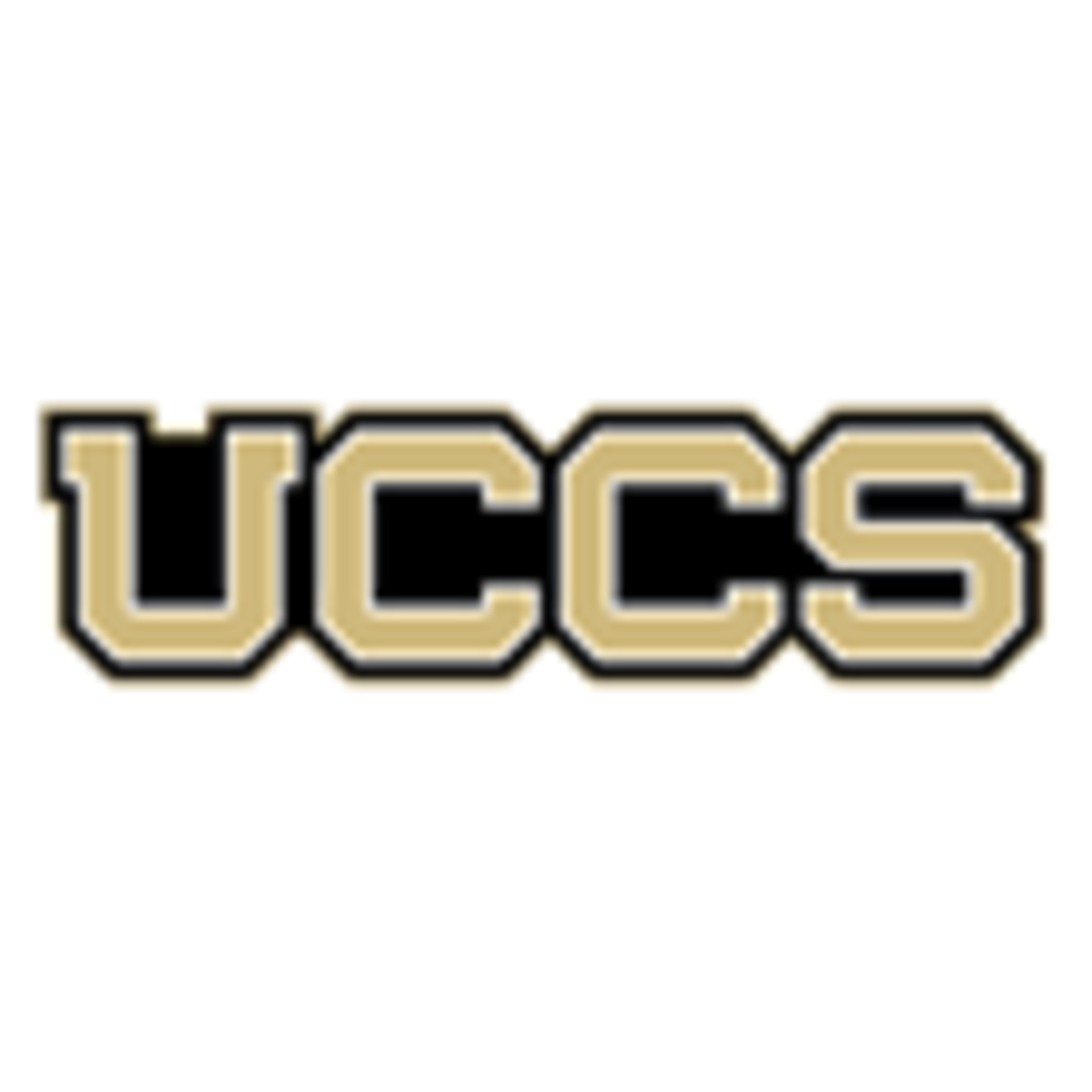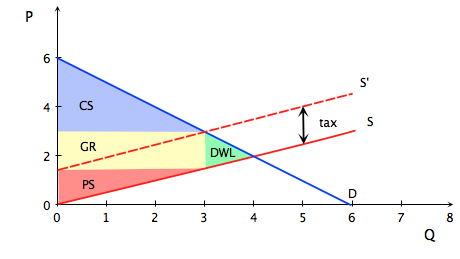Back to Courses









Social Sciences Courses - Page 16
Showing results 151-160 of 672

Homeland Security and Cybersecurity Future
This course takes a look at the future of cybersecurity with respect to what is being done to lessen the potential for catastrophic destruction resulting from cyber attack on critical infrastructure. In this respect, we take a short survey of potential technological solutions and response options. We conclude this module by taking a look at unique aspects of the cyber profession and personal considerations for those who want to make cybersecurity a career.

Diversity and Inclusion: Developing A Strategy
PART 1: Job Design, Selection Criteria, Sourcing and Attracting Talent
The first step in a recruitment strategy for developing a diverse and inclusive workforce commences with the decision that a job or role is needed, either an existing or new position.
In this course, you will learn that unconscious bias is often most evident in the language of job descriptions, selection criteria, and job advertisements. The words and phrases used when writing these materials can unintentionally make certain groups of people feel excluded from applying.
You will learn to detect limiting language and develop resources that attract a diverse and capable candidate pool. This course will also introduce you to alternative applicant sourcing strategies, including online platforms and communities.
This course represents 'Part 1' of the two-part Diversity and Inclusion Recruitment Strategy series offered by the University of Western Australia. It is also one of four that comprise the Recruiting for Diversity and Inclusion Specialization.
Complete all four courses to gain an in-depth understanding of this fascinating and important topic.

Diversity and Inclusion in Education
Student diversity is becoming the rule rather than the exception in education systems across the world. Students bring to classroom different characteristics such as ability and disability, socio-economic background, race, ethnicity, and cultural background, beliefs and religion, and gender characteristics. The United Nations’ Sustainable Development Goal 4 aims to ensure inclusive and equitable quality education and promote lifelong learning opportunities for all (United Nations, 2015).
However, creating inclusive quality education for all remains a ubiquitous challenge faced by educators faced with increasing student diversity. And certain groups of students are more likely to experience barriers to access, participate and success in education.
During this course, you will:
Develop a critical understanding of the concepts and assumptions about diversity and difference, including notions of ability and disability, socio-economic background, race, ethnicity, and cultural background, beliefs and religion, and gender.
Develop awareness of historical and contemporary definitions of inclusive education, taking into account policy, theories and models.
Develop the ability to critically analyse contexts in order to identify barriers to developing inclusive and equitable quality education for all learners.
Develop knowledge about ways to develop inclusive and equitable quality education for all learners, taking into account their diverse characteristics and needs.

Microeconomics: When Markets Fail
Perfect markets achieve efficiency: maximizing total surplus generated. But real markets are imperfect. In this course we will explore a set of market imperfections to understand why they fail and to explore possible remedies including as antitrust policy, regulation, government intervention. Examples are taken from everyday life, from goods and services that we all purchase and use. We will apply the theory to current events and policy debates through weekly exercises. These will empower you to be an educated, critical thinker who can understand, analyze and evaluate market outcomes.

Taiwan Law in Focus: Economy, Society and Democracy
“Taiwan Law in Focus” is the first online course provided by the College of Law, National Taiwan University.
This course will give you an introduction to the legal system in Taiwan, which includes the topics of Constitution, administration law, criminal law, civil law, corporative law, and some related issues. You will learn about the brief history of Taiwan’s legal system and its transition in recent decades.
Each week we will focus on different aspects of Taiwan’s legal system. Video lectures and some discussions are included to enable you to learn about the key issues. Whether taking this as an independent course, or as the preparation for the College of Law’s LLB degree at National Taiwan University, you will find this course interesting and helpful.

How Technology is Shaping Democracy and the 2020 Election
Democracy can only thrive with the participation of well-informed citizens. The 2020 U.S. presidential election will be historic for many reasons and all parties are leveraging the power of technology to both influence and mobilize voters. More than ever, digital tools and platforms are shaping the opinions and behaviors of voters who will determine the future of the governance of the United States.
This new course examines the unprecedented influence of technology and technology policy on America’s elections and democratic process and takes a close look at how a public sphere plagued by polarization, online filter bubbles, a lack of transparency in content moderation policies, and foreign and domestic misinformation and disinformation campaigns, impacts our ability to be well-informed citizens.
In this short-form, community awareness course, you will:
– Learn how U.S. elections work and about the challenges of implementing new technology
– Explore the dynamics of driving voter registration and casting a vote during a pandemic
– Examine the role social media platforms play in our ability to maintain a healthy public discourse
– See how these digital tools and filters help shape our beliefs, preferences, and convictions as citizens and how they can grow and diminish the agency of individuals, movements, governments, and foreign entities
– Understand complex technology policy questions that affect content moderation
Be more than a voter. Register now and become an advocate for a healthier democracy.

Understanding and Strengthening Health Systems
Welcome to our course on Understanding and Strengthening Health Systems for Global Health. During the course we will provide you with an overview of the main elements or building blocks of a health system based on the World Health Organization’s guidance. You will have the opportunity to explore four main areas of health systems in global health with particular reference to low and middle income countries. The first area focuses on understanding health service organizations, the challenges. Our second module looks at WHO’s six major building blocks or health systems components with particular reference to primary health care and the need for community participation in planning, delivery and assessment of these systems components. in our third module we examine the specific systems component of human resource development and capacity building. The fourth area consists of health policy making and advocacy with stakeholders. This course is geared toward learners who are already involved in managing health and development programs on the ground in low and middle income countries or who are preparing for such a management role. The main lectures will span a four-week period with approximately 2-4 hours of viewing learning materials per week. We have one peer graded essay wherein you will use skills in ‘organizational’ diagnosis to better understand a challenge in an organization where you are or have worked. There are also quizzes. We hope you will engage with your fellow learners in discussion forums to learn from each other.

The Changing Arctic: Present, Past, & Future
This course takes a detailed look at the remarkable changes unfolding in the Arctic environment, including the shrinking Arctic sea ice cover, shrinking land ice, thawing permafrost and cascading impacts on Arctic ecosystems. After a review of Arctic climates of the past, attention turns to the possible future of the Arctic’s climate and environment.

Research Design: Inquiry and Discovery
The main purpose of this course is to focus on good questions and how to answer them. This is essential to making considered decisions as a leader in any organization or in your life overall. Topics will include the basis of human curiosity, development of questions, connections between questions and approaches to information gathering design , variable measurement, sampling, the differences between experimental and non-experimental designs, data analysis, reporting and the ethics of inquiry projects. Emphasis will be placed on approaches used in the social sciences (i.e., sociology, psychology, anthropology), but we will also discuss how others (i.e., natural scientists, business analysts) might approach the inquiry process. No prior knowledge of statistics is required for this course.

ESG and Social Activism
In this course, you will get an overview of the impact of contemporary ESG ratings and how a company balances ESG issues against its financial performance. You will evaluate the effectiveness of corporate authenticity and the impacts of politics when building corporate ESG policy. You will also learn about social activism’s ability to disrupt markets, and the roles that stakeholders play when dealing with financial markets.
Next, you will learn about corporate Boards, and the importance of creating independent Directors that can maintain neutrality to protect the interests of both the business and shareholders. You will also learn how Board structure is managed, methods for selecting Board members, and the role that Boards play when crafting ESG policy.
Lastly, you will look at the necessity of creating a diverse and inclusive culture within an organization and will examine best practices for boards to create strong crisis and risk management policies.
By the end of this course, you will have a comprehensive understanding of how social activism affects the corporate world in the 21st century, how to build a Board of Directors that can incorporate ESG issues into risk management and governance strategies, and how encouraging diverse and inclusive culture benefits companies.
Popular Internships and Jobs by Categories
Browse
© 2024 BoostGrad | All rights reserved


